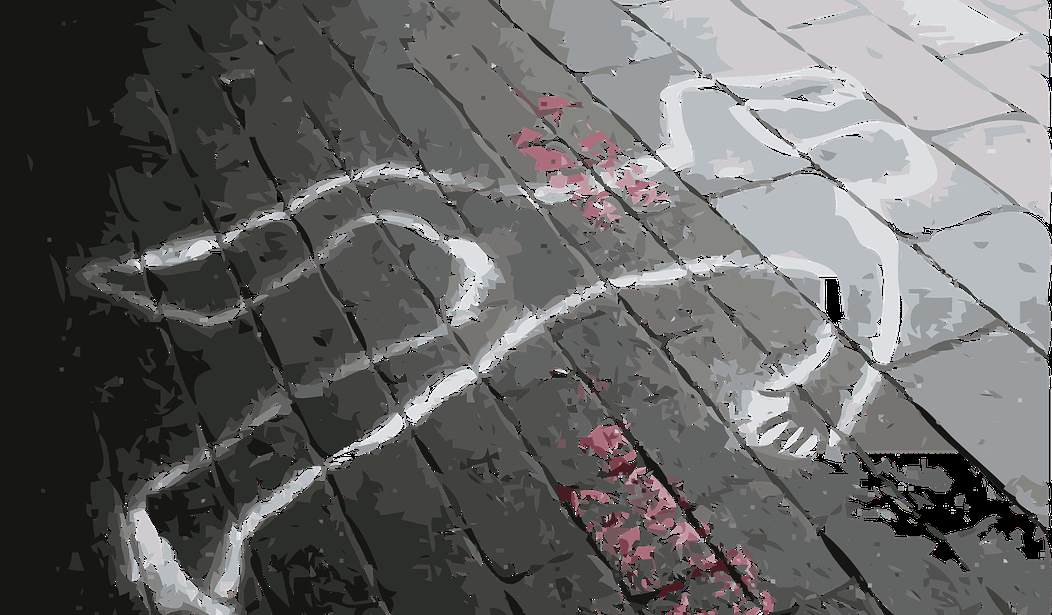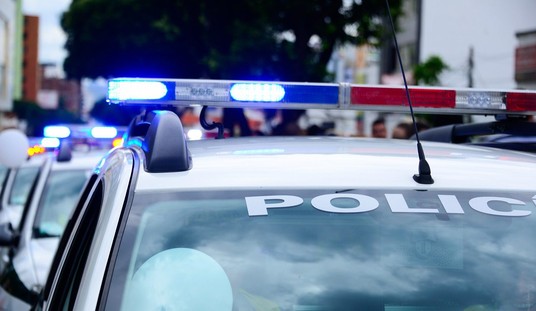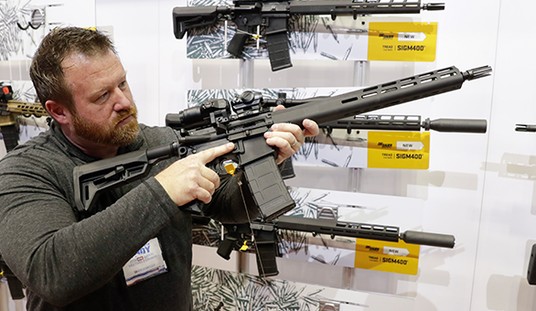When we talk about gun violence, there are some who want to make it so that the topic spills over into their area of expertise. Sometimes, it’s from a legitimate belief that the overlap is warranted. Sometimes, it’s because they want to have an argument by authority and believe they’re not committing a logical fallacy.
I’m not really sure which this guy falls into, but a professor of African American Studies has opinions about gun violence, and there are things I feel I need to say about his response.
Dr. Joseph Richardson, a gun violence researcher and acting chair of this university’s African American studies department, is glad the recent mass shootings have led to greater public consciousness about the need for gun control. But he also wants people to focus on those who see gun violence every day in their communities.
“50 percent of all homicide victims in this country are Black, and the majority are Black men, but yet Black men are only six percent of the population, so you can see why the discourse around preventing gun violence for me is so important,” Richardson said. “That narrative has been ignored primarily because of racism.”
Now, I’m not going to dispute his statistics, because that sounds about right.
However, the problem with that narrative isn’t because of racism, it’s not talked about because you can’t have a meaningful discussion about that disparity without being called a racist.
See, when we talk about those numbers, we can’t just skim the data. We have to delve into questions about just what is happening. Why are so many homicide victims disproportionately black?
To do that, we need to be free to ask questions and to explore possibilities. Only, we can’t. That’s because some of those answers are uncomfortable and just asking them will get you labeled as racist.
For example, a large percentage of those victims are involved in criminal activities, usually gang-related. There are an estimated 1 million gang members in the United States. Many of those are black and Hispanic. Disproportionately so compared to other ethnicities, though there are gang members of every ethnic stripe.
Other homicide victims are unfortunate souls caught in the crossfire of gang activity, which often happens in neighborhoods that have largely black populations.
Yet invoking the term “gang” will likely be enough to have many people call me racist, despite me never claiming that all black people or even a majority of black people were involved in gang activity. In fact, the numbers would make such a claim idiotic. There are almost 42 million black Americans, yet only 1 million gang members. Even if every single gang member was black, it’s still a fraction of one percent of the black population, and the demographics of gangs are anything but 100 percent black.
But we can’t have this discussion. Race relations have gotten to the point where we’re having to walk on eggshells to avoid the uncomfortable conversations while being told just how important it is to have uncomfortable conversations. That’s because comfort is only allowed to go one way.
The narrative of this disparity isn’t lost because of racism, it’s lost because no one can suggest anything remotely critical of some segments of our population without having to fear they’ll be labeled racist.
That’s a problem.








Join the conversation as a VIP Member